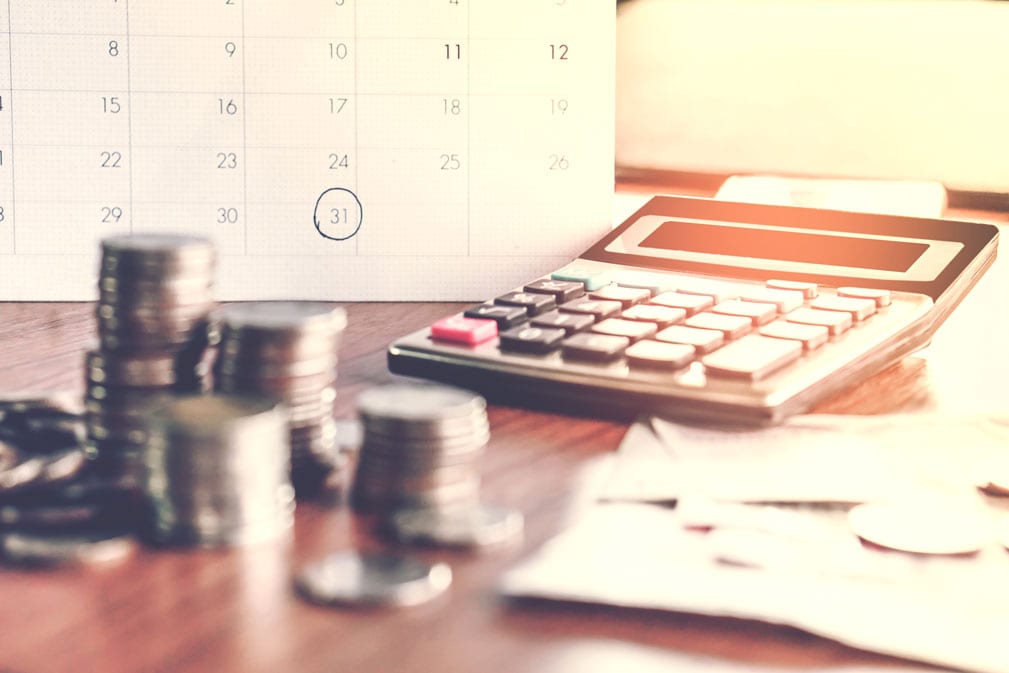Chapter 7 bankruptcy, often called “liquidation bankruptcy,” offers individuals a fresh financial start by eliminating many types of unsecured debt. This legal process can provide relief to those struggling with overwhelming financial obligations.
Understanding which debts can be eliminated in Chapter 7 bankruptcy helps individuals make informed decisions about their financial futures.
Credit card debt tops the list of unsecured debts eliminated through Chapter 7 bankruptcy. The average American household carries thousands of dollars in credit card balances, often with high interest rates that make repayment challenging.
Chapter 7 bankruptcy can wipe out these debts, freeing individuals from the burden of mounting credit card bills.
Bankruptcy courts treat all credit card debt equally, regardless of the issuer or the nature of the charges. However, recent large purchases or cash advances made shortly before filing for bankruptcy may face scrutiny and potential exception from discharge.
Medical debt represents another significant category of unsecured debt dischargeable through Chapter 7 bankruptcy. Unexpected health issues or chronic conditions can lead to substantial medical expenses, even for those with insurance. These bills often push individuals into financial distress.
Chapter 7 bankruptcy can eliminate most medical debts, including hospital bills, doctor’s fees, and costs for medical procedures. This relief can prove especially crucial for those facing long-term health challenges or recovering from major medical events.
Unsecured personal loans, whether from banks, credit unions, or online lenders, typically qualify for discharge in Chapter 7 bankruptcy. These loans don’t require collateral, making them unsecured debt. Borrowers often use personal loans for debt consolidation, home improvements, or major purchases.
Chapter 7 bankruptcy can eliminate the obligation to repay these loans, providing significant financial relief. However, secured personal loans backed by collateral may require different treatment in bankruptcy proceedings.

Overdue utility bills, including electricity, gas, water, and telecommunications services, generally qualify for discharge in Chapter 7 bankruptcy. This can help individuals struggling to keep up with essential services.
While bankruptcy eliminates past-due amounts, utility companies may require deposits or other assurances for continued service post-bankruptcy. Addressing utility debts through bankruptcy can help prevent service interruptions and provide a fresh start.
Chapter 7 bankruptcy can discharge past-due rent and other lease-related debts. This includes unpaid rent from previous residences and charges for breaking a lease agreement. However, current rent obligations typically remain the responsibility of the individual filing for bankruptcy.
Discharging old rental debts can help individuals secure new housing without the burden of past rental obligations. It’s important to note that eviction proceedings may continue despite bankruptcy filing, depending on the specific circumstances.
For sole proprietors or individuals with personal liability for business debts, Chapter 7 bankruptcy can offer relief. Unsecured business loans, credit card debts incurred for business purposes, and unpaid invoices to suppliers or vendors may qualify for discharge.
This aspect of Chapter 7 bankruptcy can prove particularly valuable for small business owners facing financial difficulties. It allows them to eliminate business-related debts without necessarily closing their businesses, though asset liquidation may impact business operations.
Some legal judgments resulting from lawsuits qualify for discharge in Chapter 7 bankruptcy. This typically includes judgments related to unsecured debts, such as credit card lawsuits or medical bill collections.
However, judgments related to fraud, willful and malicious acts, or certain other specific circumstances may not be dischargeable. The nature of the underlying debt and the specifics of the judgment determine dischargeability.
While most tax debts are not dischargeable, certain old income tax debts may qualify for elimination through Chapter 7 bankruptcy. Generally, income tax debts must meet specific criteria to be dischargeable:
Meeting these criteria can allow for the discharge of some older tax obligations, providing additional relief to individuals struggling with tax debt.

Navigating the complexities of Chapter 7 bankruptcy requires expertise and careful attention to detail. Hiring a qualified bankruptcy attorney proves crucial for several reasons:
While it’s possible to file for Chapter 7 bankruptcy without legal representation, the complexities of bankruptcy law and the potential consequences of mistakes make professional guidance invaluable. Bankruptcy attorneys help individuals navigate the process more smoothly and achieve the best possible outcomes.
Chapter 7 bankruptcy offers a powerful tool for individuals overwhelmed by unsecured debts. By eliminating obligations such as credit card balances, medical bills, personal loans, and various other unsecured debts, it provides a path to financial recovery. However, the process requires careful consideration and expert guidance.
Understanding which debts qualify for discharge helps individuals make informed decisions about pursuing bankruptcy. While Chapter 7 can offer significant relief, it’s important to recognize its limitations and potential impacts on credit and future financial opportunities.
For those considering Chapter 7 bankruptcy, consulting with a qualified bankruptcy attorney represents a crucial step. These legal professionals provide the expertise needed to navigate the complexities of bankruptcy law, protect assets, and achieve the fresh financial start that Chapter 7 bankruptcy aims to provide.
Ultimately, Chapter 7 bankruptcy serves as a powerful tool for financial recovery, offering individuals burdened by unsecured debts the opportunity to rebuild their financial lives on a stronger foundation.
Dealing with bankruptcy doesn’t have to be a single-person job. The bankruptcy lawyers at Parker & DuFresne will help you determine the best course of action to help you get out from under your debt and move forward to a debt-free future.
Call today at 904-733-7766 for a free consultation, or click the button at the top of the page to schedule online.

Parker and DuFresne
